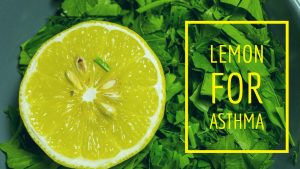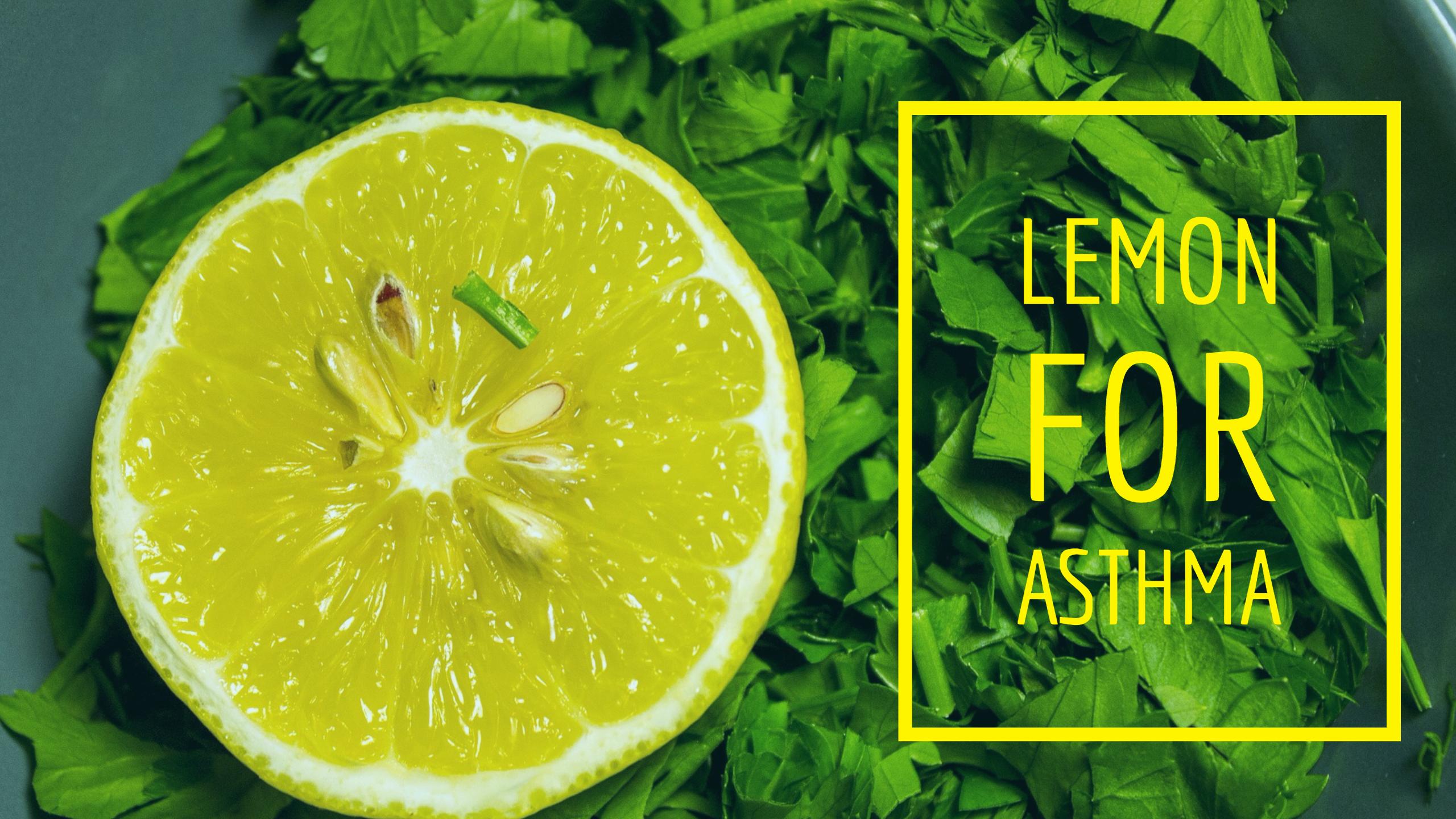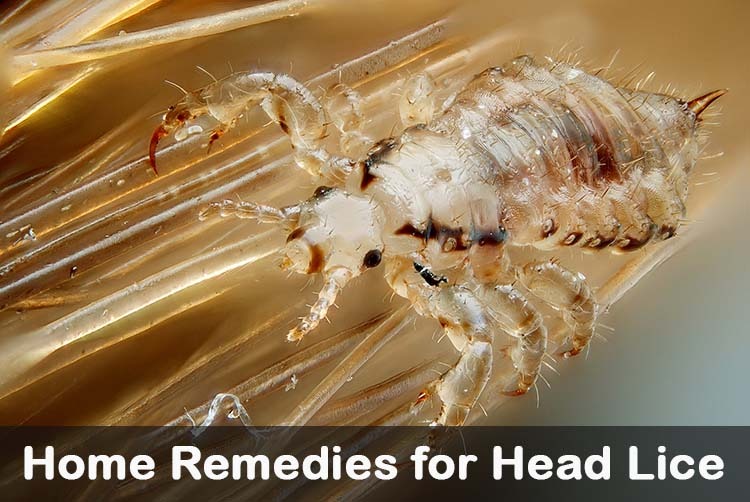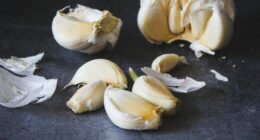 Asthma is one of the most prevalent chronic breathing problems around the world. Usually, people who are suffering from asthma have sensitive and swollen airways. When asthma triggers are inhaled, the airways get more swollen constricted. This leads to less air flow to lungs which leads to coughing and shortness of breath. Certain asthma triggers are tobacco smoke, allergens, perfume, moist air, stress, etc.
Asthma is one of the most prevalent chronic breathing problems around the world. Usually, people who are suffering from asthma have sensitive and swollen airways. When asthma triggers are inhaled, the airways get more swollen constricted. This leads to less air flow to lungs which leads to coughing and shortness of breath. Certain asthma triggers are tobacco smoke, allergens, perfume, moist air, stress, etc.
Lemon is a natural ingredient that has been widely tested and found to have amazing benefits for controlling and preventing asthma attacks. In this post, we have put together some of the effective ways in treating asthma using lemon.
Is Lemon Effective for Asthma?
- Lemon is rich in vitamin C that suppresses the production of inflammatory molecules that cause inflammation of the airways and lead to an asthma attack.
- It reduces the sensitivity of the bronchioles to histamine, which constricts them when they are exposed to allergens in the environment.
- It helps to strengthen the immune system which is essential for preventing asthma attacks caused by pollens, smoke, animal dander, dust mites, and viruses.
- The antiseptic and antibacterial properties of lemon juice fight bacteria and viruses which trigger asthma attacks and lung infections
How to Use Lemon for Asthma?
There are a number of ways to use lemon and lemon juice to treat asthma. It can be used alone or combined with other ingredients to prevent and cure asthma.
1. Lemon
Lemon can be used in various forms such as concentrated lemon juice, lemon water, lemon peel as a treatment for asthma.
Process 1. Lemon Juice
- Take a tablespoon of freshly squeezed lemon juice.
- Add a pinch of salt and black pepper to it.
- Drink it before each meal to get quick relief from asthma.
- Repeat it for a few days till the frequency of asthma attacks reduce.
- Alternatively, add lemon juice to a glass of water and drink it.
Note: Wash your mouth immediately after drinking the raw lemon juice as its highly acidic nature can damage the teeth enamels.
Process 2: Lemon Peel
- Take a fresh lemon.
- Use a grater to grate some of the lemon peel.
- Inhale the citrusy aroma of the lemon peel to unclog the airways.
- Repeat this process whenever you feel an upcoming asthma attack.
Note: Those who are allergic to citrus smells should not try this remedy.
2. Lemon and Ginger Tea
The powerful anti-inflammatory properties of ginger help to soothe and prevent the constriction of airways that causes wheezing and coughing.
- Squeeze out the juice of 1 lemon.
- Heat a cup of water and remove from the flame.
- Add the lemon juice to it.
- Peel and crush 1 inch of ginger and add it to the water.
- Cover and let it steep for 10 minutes.
- Drink this tea slowly.
- Repeat the process 1 to 2 times every day.
3. Honey and Lemon
The wide range of antioxidants, vitamins, and amino acids present in honey help to thin the mucus and expel it from the airways.
- Heat a cup of water to lukewarm temperature and remove from the flame.
- Add 1 tablespoon each of honey and lemon juice to it.
- Drink this concoction 2 to 3 times in a day to relieve asthma symptoms.
4. Lemon and Garlic Paste
The anti-inflammatory and anti-viral properties of garlic help to relieve asthma in early stages.
- Crush 5 to 6 garlic cloves and make a paste.
- Add 1 tablespoon of lemon juice to it.
- Mix well and gulp it down with a glass of water.
- Repeat the process 1 to 2 times daily.
5. Lemon and Drumstick Leaves Soup
Drumstick leaves have potent anti-inflammatory effects that reduce the inflammation of the airways. It’s antimicrobial and antibacterial properties fight breathing problem caused by infection.
- Wash a bunch of drumstick leaves thoroughly and boil them in 180 ml of water for 5 minutes.
- Let it cool down and add 1/4th teaspoon of black pepper powder and 1 tablespoon of lemon juice to it.
- Give it a stir and drink it slowly.
- Repeat the process regularly.
6. Lemon and Turmeric
The strong anti-inflammatory and therapeutic properties of turmeric make it an effective remedy for asthma, bronchitis, and other breathing disorders.
- Peel and crush some fresh turmeric.
- Take 1 tablespoon of the fresh turmeric paste and add 1 teaspoon each of honey and lemon juice to it.
- Give it a mix and consume it in the morning on an empty stomach.
7. Lemon Juice with Radish
Radish is a natural anti-congestive agent that reduces lung congestion of eliminating phlegm from the airways. It helps to ease breathing and heal respiratory infections that trigger an asthma attack.
- Crush 5 to 6 slices of radish to form a paste.
- Add 1 tablespoon of lemon juice to it and mix well.
- Consume 1 to 2 tablespoon of this mixture 2 to 3 times a day.
8. Lemon and Licorice Tea
Licorice root is an effective anti-inflammatory agent that soothes swollen airways and inhibits histamine release. It also possesses powerful expectorant effect that removes excess mucus from the airways.
- Heat a cup of water and remove it from the flame.
- Add 1 tablespoon of licorice root to it.
- Let it steep for 10 minutes.
- Strain the tea and add 1 tablespoon of lemon juice to it.
- Drink this tea 1 to 2 times in a day for a few days.
9. Indian Gooseberry and Lemon
Just like lemon, gooseberry is also a potent source of vitamin C that protects the lungs against free radical damage. Vitamin A in Indian Gooseberry cures respiratory tract infections.
- Take 1 tablespoon of Indian gooseberry powder or paste, 1 teaspoon of lemon juice and 1 teaspoon of honey in a bowl and mix it well to form a thick paste.
- You can add a little water to it to make it smooth and lump-free.
- Consume this mixture every morning to prevent asthma attacks during the day.
10. Safflower and Lemon
Safflower seeds work as a potent expectorant that removes excess mucus from the airways and eases breathing. It also reduces spasms.
- Combine ½ tablespoon of safflower seeds powder, 1 teaspoon each of lemon juice and honey in a bowl to form a paste.
- Add some water to thin it if required.
- Consume it 1 to 2 times in a day.
Note: Safflower seeds slow down blood clotting, so people with the bleeding problem should avoid using this remedy.
11. Lemon Essential Oil Steam
- Boil a pot of water.
- Add a few drops of lemon essential oil to it.
- Inhale the steam to reduce the constriction of the bronchial tube.
- Repeat this remedy every time you feel a blockage in the airways.
Note: You can also add a few drops of Eucalyptus or Peppermint essential oil for more effectiveness.
Tips and Precautions:
- It is best to use freshly squeezed lemon juice because the juice starts losing its beneficial properties if it is kept for too long.
- Drinking too much lemon water may trigger heartburn or make this condition worse if you already suffer from it.
- In rare cases, excessive lemon consumption can cause frequent urination and dehydration due to the diuretic effect of ascorbic acid.
- Though lemon is used as an asthma remedy, it can also work as an asthma trigger itself. Sulfites and sulfiting agents in lemon and lime have been found to trigger asthma attacks in some cases. So, people allergic to citrus or lemon should avoid lemons.
- Lemon or lemon juice is effective only in case of allergic/extrinsic asthma, it does not show any effect in case of non-allergic/intrinsic asthma.
- Lemon juice is highly acidic in nature and it can damage the teeth enamel if consumed in concentrated form.
- The best preventive measure in case of asthma is to avoid the trigger situations such as being around furry pets, cigarette smoke or exposing yourself to extremely hot or cold weather.
- Eat foods rich in vitamins C, B6 and omega-3 fatty acids to reduce the frequency of asthma attacks.
- Practice breathing exercises and yoga to improve airflow and improve the symptoms of asthma attacks.
Though lemon is beneficial for treating asthma in general, it may not be effective for certain cases of asthma such as gene-related asthma. It is best to use lemon juice for asthma treatment after consulting a physician and it should never be a replacement for formal treatment.









